Category: Advocacy news
Moldova to be allowed to participate in EU4Health projects
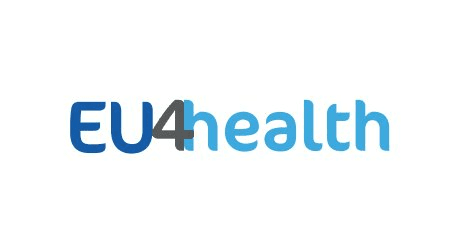
The European Commission and the Government of the Republic of Moldova have signed an agreement to associate Moldova with the EU4Health program.
EU calls for proposal 2023

IntroductionHorizon Europe is the research and innovation programme of the EU for the period 2021-2027.
EHA supports the proposal for a Regulation on the European Health Data Space (EH…

On October 20, the European Hematology Association (EHA) joined a group of 35 stakeholders in welcoming the European Commission’s proposal on the European Health Data Space.
EHA in EU-funded project on voluntary plasma collection capacity in Europe
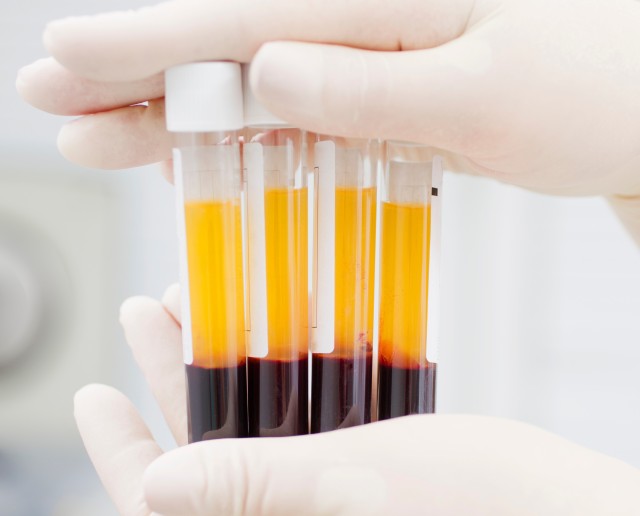
EHA to participate in an EU-funded project on “Strengthening voluntary non-remunerated plasma collection capacity in Europe” (SUPPLY) Context: Plasma shortage Plasma-derived medicinal products (PDMPs) are used to treat a variety of rare,…
EHA to the European Commission and HTA leaders: work with medical societies to i…
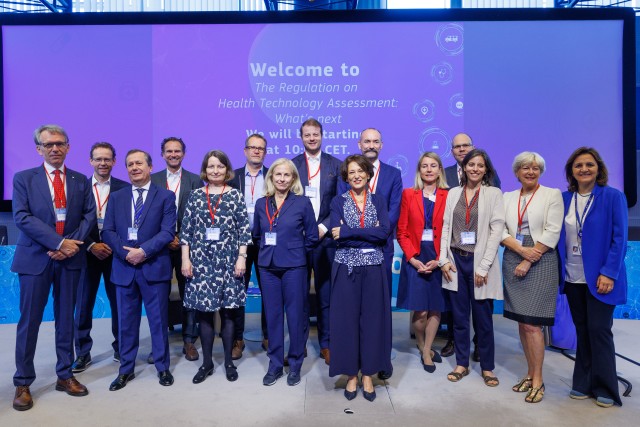
The speakers of the HTA conference hosted by the European Commission.
New EU In Vitro Diagnostic medical devices Regulation (IVDR) comes into effect

On May 26, 2022, the new EU In Vitro Diagnostic medical devices Regulation (IVDR) came into effect, mandating stricter and more comprehensive certification and testing protocols for in vitro diagnostic…
EU pilot on drug repurposing

Drug repurposing (finding new indications for existing authorized medicines) is increasingly prominent in the debate about improving access to medicines.
EU Calls for Proposal 2022

Introduction Spurred by COVID-19 and rising challenges to the financial sustainability of Europe’s health systems, a flurry of new EU policies and programs in health has sprung up since last year.…
From Plans to Action: European Cancer Summit

November 17- 18 marks the first anniversary of EHA’s membership to the European Cancer Organisation (ECO), as well as the event dates for the 2021 European Cancer Summit. The summit brings together the European cancer community: oncology experts, experienced patient advocates, opinion leaders, policymakers, and politicians.
EU Calls for proposal 2021

Spurred by COVID-19 and rising challenges to the financial sustainability of Europe’s health systems, a flurry of new EU policies and programs in health has sprung up since last year. Some of the most eye-catching initiatives are highly relevant for hematology: the Europe’s Beating Cancer Plan, the Pharmaceutical Strategy and the European Health Data Space.
Help disseminate IVDR Questionnaire - Share with diagnostic laboratories in your…

The new EU Regulation on in vitro diagnostic medical devices (IVDR) will come into full effect per May 26, 2022 and will have substantial consequences for diagnostic laboratories.
EHA has joined the European Cancer Organisation - a perfect match on objectives …
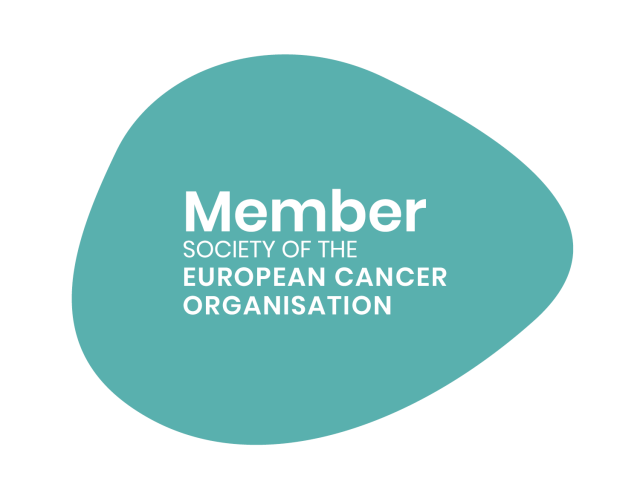
The European Hematology Association (EHA) has joined the European Cancer Organisation, a not-for-profit federation of organizations working in cancer at the European level. EHA’s membership application was approved by the General Assembly of the European Cancer Organisation on November 18, 2020.
Reducing bureaucracy in clinical trials: now is the time!

Medical societies and patient advocates across disciplines have joined forces with EHA to call for urgent action to make clinical trials less bureaucratic and more patient-centered, efficient and cheaper.
Call for urgent action on medicine shortages in Europe
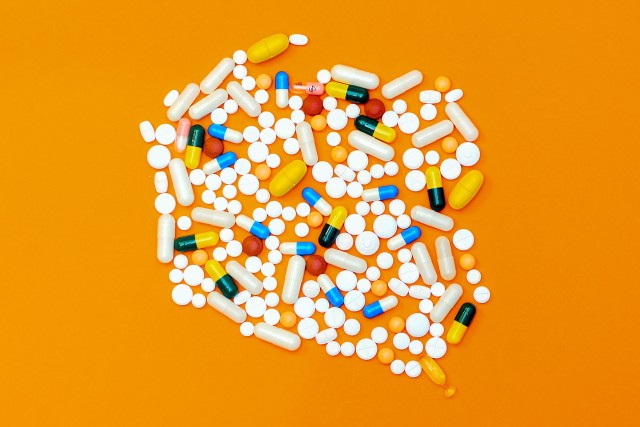
EPHA published a position paper on medicine shortages in Europe. EHA welcomes its recommendations to address the increasing shortages crisis, which threatens patient outcomes and patient safety.
ATMPs and CAR-T: the uptake challenge
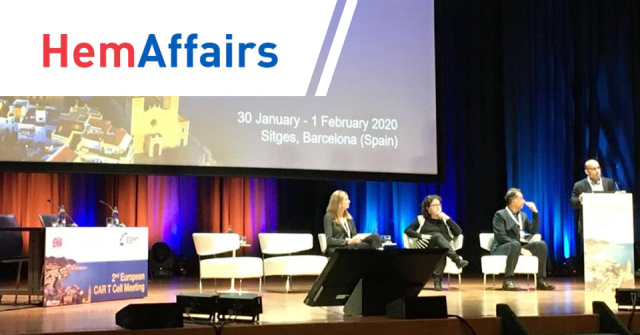
Advanced therapy medicinal products (ATMPs) are a game changer for improving the lives of patients with severe to life-threatening diseases. Yet, despite fast-paced innovation in the field, few ATMPs have reached the EU market and benefited patients. The challenges facing their adoption by health systems are complex. A test case is the uptake of CAR T-cell therapy; what are the hurdles and what action is needed from stakeholders?


